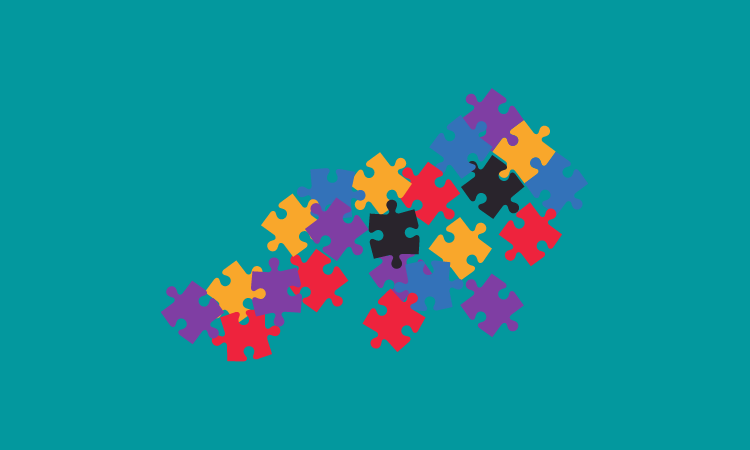Podcasts
‘We are going to take everything that Gusto built and make it available as a platform’: Gusto’s Tomer London
- Beginning with payroll, Gusto has moved deeper into fintech for the 200,000 businesses it serves.
- Co-founder and Chief Product Officer Tomer London joins us on the podcast to discuss Gusto Wallet and the company's launch of Gusto Embedded Payroll.








